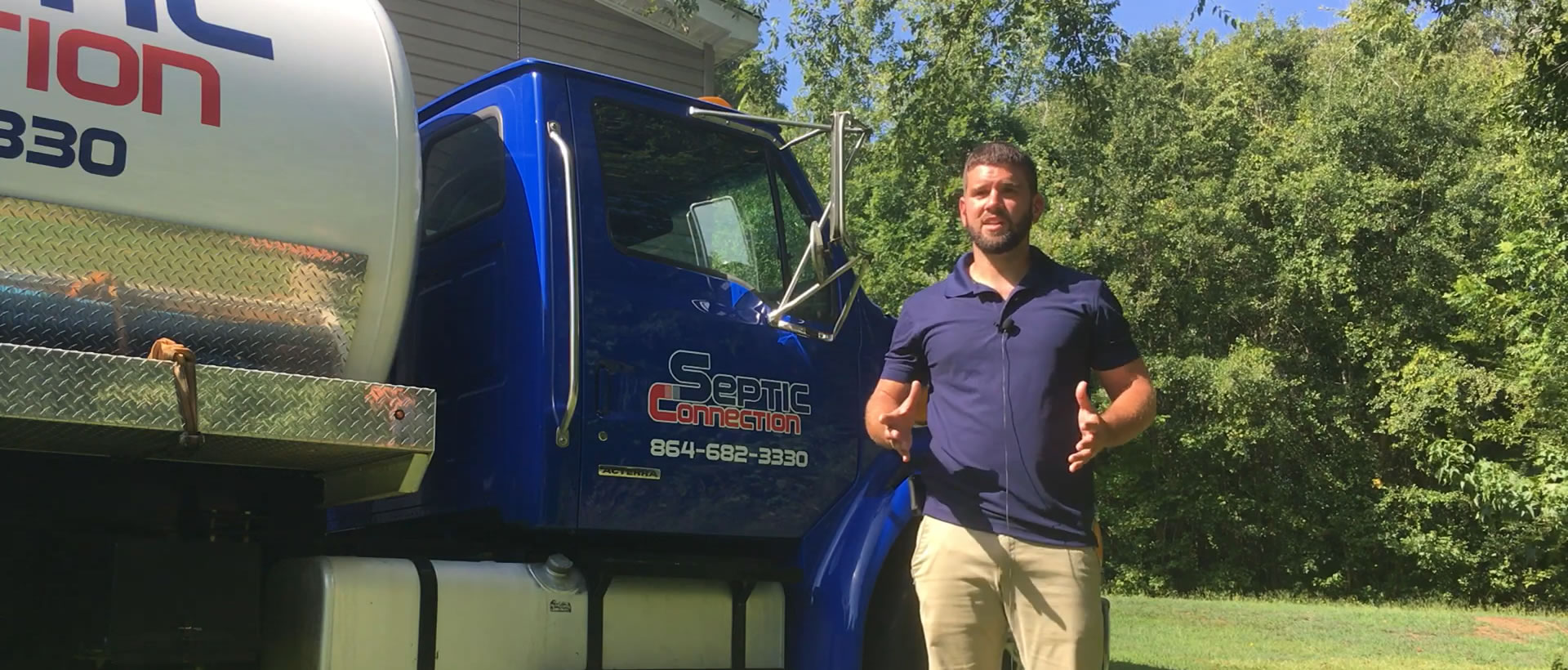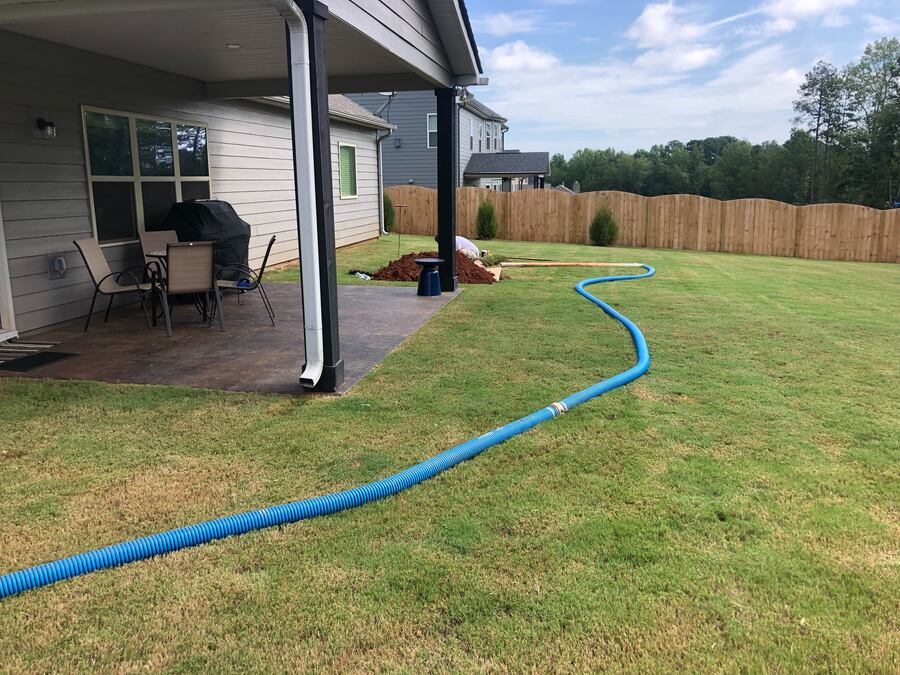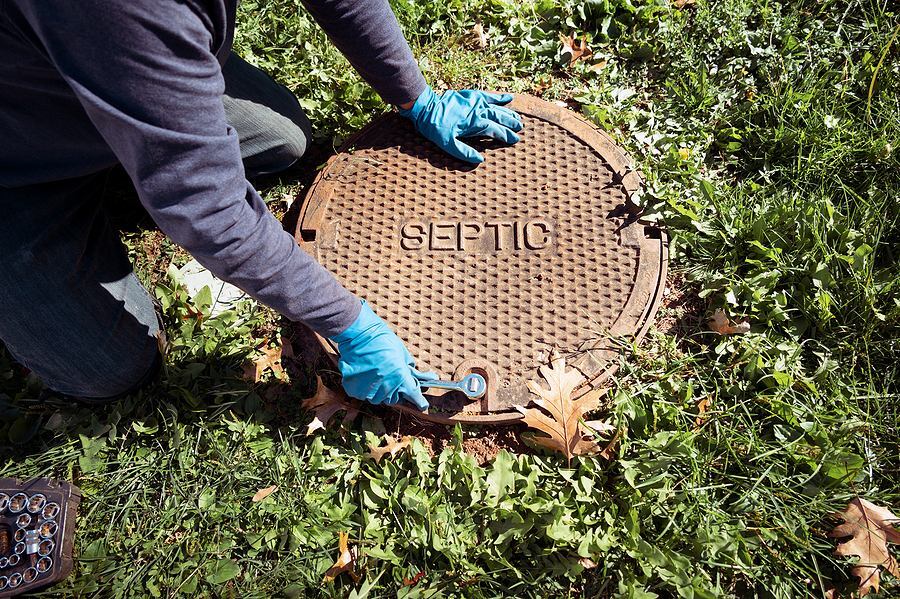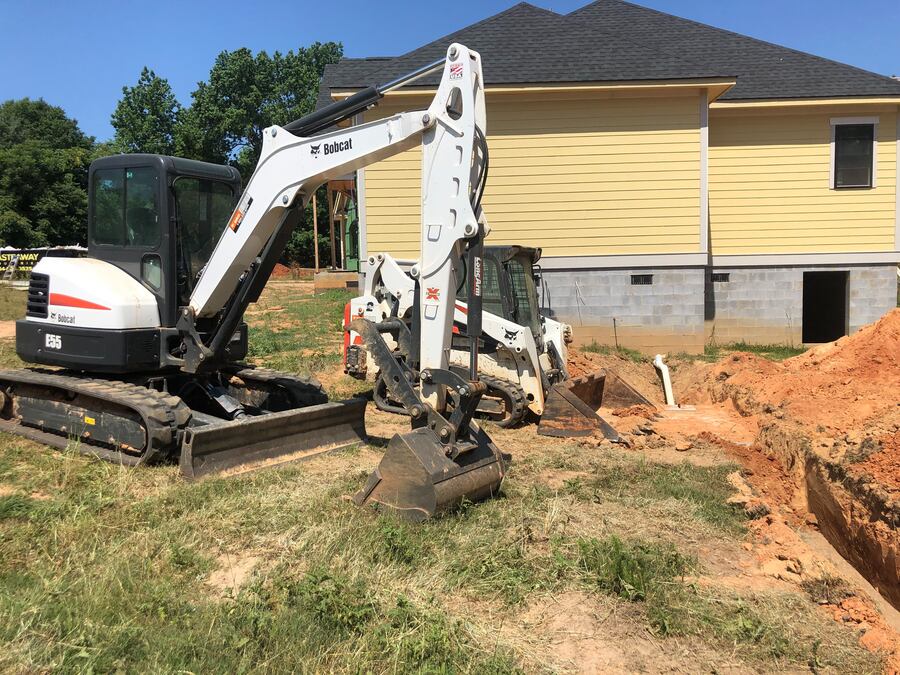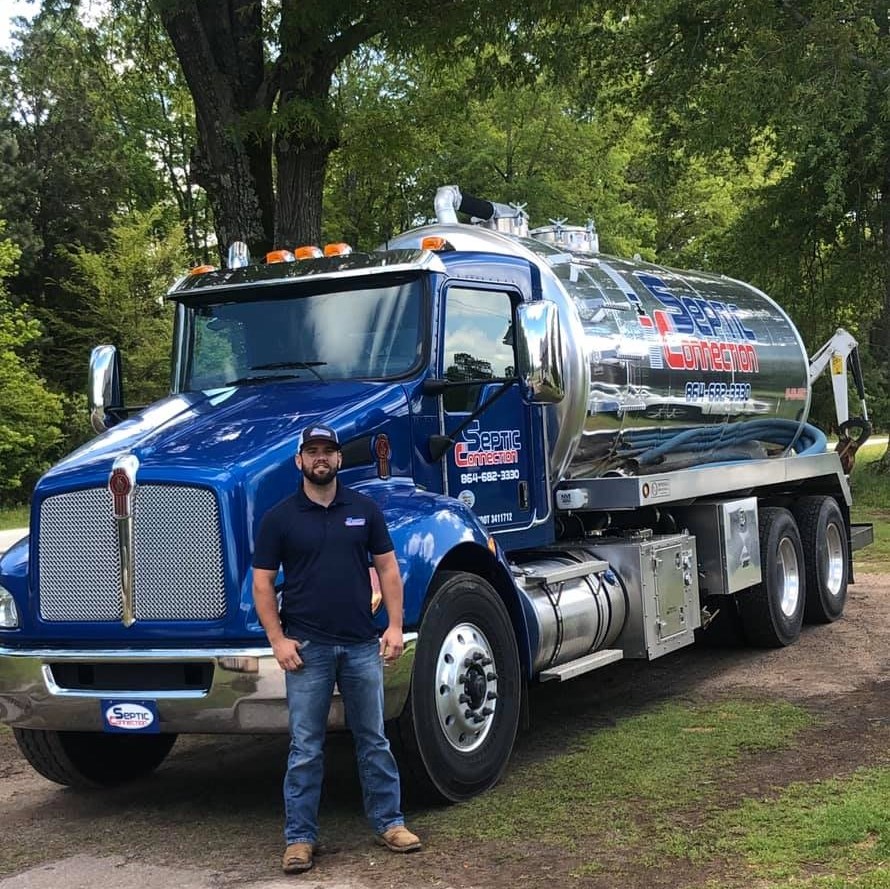
Unlocking the Secrets to Septic System Longevity
Septic systems are crucial in treating and disposing of household wastewater. Despite their importance, most homeowners only think about their systems when there's a problem. This can cause significant consequences for the homeowner and the environment. Recognizing the importance of regular septic tank repair and maintenance can differentiate between a smoothly running system and a costly, dysfunctional one. We leverage extensive expertise at Septic Connection to ensure an efficient and durable system. If you rely on a septic system for waste disposal, here are insights to improve longevity.
Understanding Your Septic System
A septic system has a tank and a drain field. Wastewater flows into the tank, allowing solids to settle at the bottom. Lighter waste floats to the top as scum, while the middle layer, or effluent, exits the tank and disperses into the drain field, where soil processes further treatment.
Understanding your system's components and functions is the first step toward ensuring its longevity. Whether you are planning a septic tank installation or moving to a new home with an established unit, knowing how it works can help you detect telltale signs of deterioration and take preventive measures before things worsen.
The Importance of Regular Pumping
One of the most crucial maintenance tasks is regular septic tank pumping. Sludge and scum build up in the tank, reducing its capacity to hold wastewater. If left unchecked, this buildup can lead to system backups and overflows, causing unpleasant odors, slow drains, and potential contamination of nearby water sources.
Experts recommend scheduling septic tank pumping sessions every three to five years. However, several factors must be considered, including the tank size and household usage. Regular pumping helps remove accumulated solids, ensuring the system functions efficiently and prolonging its lifespan.
Water Conservation Practices
Excessive water usage can overload your system, causing premature failure and septic tank repair emergencies. You can avoid such problems by implementing water conservation practices in your household, such as fixing leaky faucets, installing high-efficiency toilets and showerheads, and spreading out laundry loads, which can reduce the volume of wastewater entering the system. Also, avoid flushing non-biodegradable items, grease, and harsh chemicals down the drain. These substances can disrupt the balance of bacteria, causing clogs and frequent septic tank cleaning sessions.
Regular Inspections
Routine inspections by a professional septic company are vital for identifying potential problems before they become significant. Inspection usually involves checking the tank's sludge and scum levels, inspecting the drain field for signs of saturation or failure, and ensuring all components are functioning correctly.
After a successful septic tank installation, scheduling inspections every three years, or more frequently can help you detect issues early and prevent costly repairs. During inspections, professionals can provide valuable advice on maintenance practices tailored to your system's needs.
Proper Drain Field Care
The drain field is a vital septic system for dispersing treated effluent into the soil. Protecting it from damage is essential for maintaining the system's longevity. Avoid driving or parking vehicles on the drain field, as the weight can compact the soil and damage the pipes.
In addition, planting trees and shrubs with deep roots near the drain field can cause root intrusion, clog the pipes, and disrupt the system's functionality. A reputable septic company will ensure the area around the drain field is designated during the initial installation, preventing these issues.
Maintaining a septic system is a responsibility and an investment in your property's health and the environment. Contact us at Septic Connection and schedule a consultation with our experts to take a proactive approach towards maintenance. We provide comprehensive care, including regular septic tank cleaning, to ensure optimum efficiency for years.
 How it works
How it works
